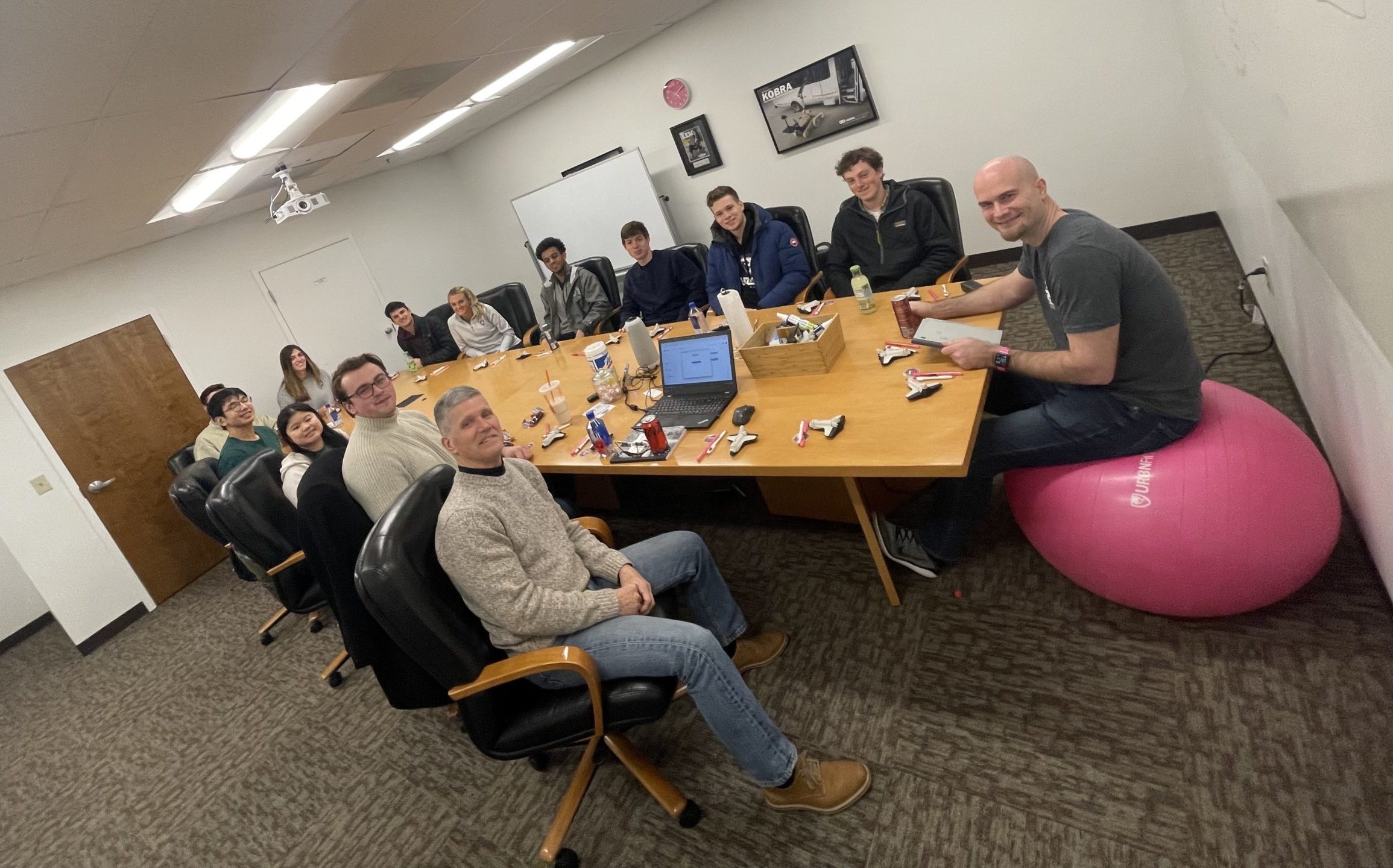This list of finance vocabulary is a sampling of some of the terms and abbreviations students can expect to hear during conversations at the various site visits to banks in Boston and NYC as part of the Certificate in Finance & Banking program. Get acquainted with the jargon and concepts to gain more from your experience, including the ability to ask better questions in order to make yourself stand out from the crowd. Be sure to access the College’s free readership program for the Wall Street Journal (WSJ) and New York Times (NYT) to connect with these terms in a real world context.
Finance Jargon
Asset: Resource with economic value that a corporation owns or controls with the expectation that it will provide a future benefit; Assets are reported on a company’s balance sheet and are bought or created to increase a firm’s value or benefit the firm’s operations.
-
- Asset Allocation is an investment strategy that aims to balance risk and reward by apportioning a portfolio’s assets according to an individual’s goals, risk tolerance, and investment horizon. The three main asset classes – equities, fixed-income, and cash and equivalents – have different levels of risk and return.
Book Building: Process by which an underwriter attempts to determine the price at which an initial public offering (IPO) will be offered. An underwriter, normally an investment bank, builds a book by inviting institutional investors (such as fund managers and others) to submit bids for the number of shares and the price(s) they would be willing to pay for them.
Book Value: Referring to an investment, it is the price paid for a security or debt investment. When a company sells stock, the selling price minus the book value is the capital gain or loss from the investment.
Broker: Individual or firm that acts as an intermediary between an investor and a securities exchange; Buy and sell financial instruments on the behalf of a client and charges a fee for doing so.
Bull and Bear Markets:
-
- A Bull Market is a market that is on the rise and where the economy is sound. (Tip: A bull charges “up” with horns.)
- A Bear Market exists in an economy that is receding, where most stocks are declining in value. (Tip: A bear charges “down” with paws.)
Buying Size: Occurs when a trader offers to buy a large volume of shares
Buy-Side/Sell-Side:
-
- Buy-Side is the side of the financial market that buys and invests large portions of securities for the purpose of money or fund management; Includes investment managers, pension funds, and hedge funds.
- Sell-Side is the other side of the financial market, which deals with the creation, promotion, and selling of traded securities to the public; Includes investment banks, advisory firms, and corporations.
Continue reading “Students Prepare for Bank Visits with Jargon Cheat Sheet”





